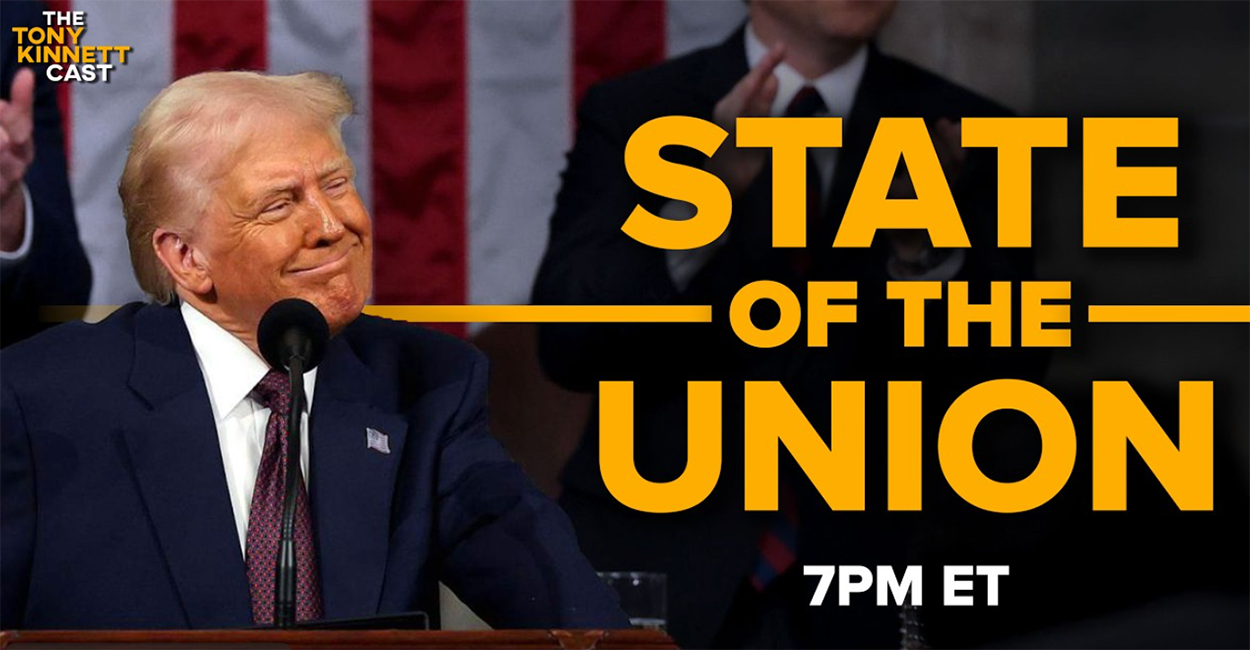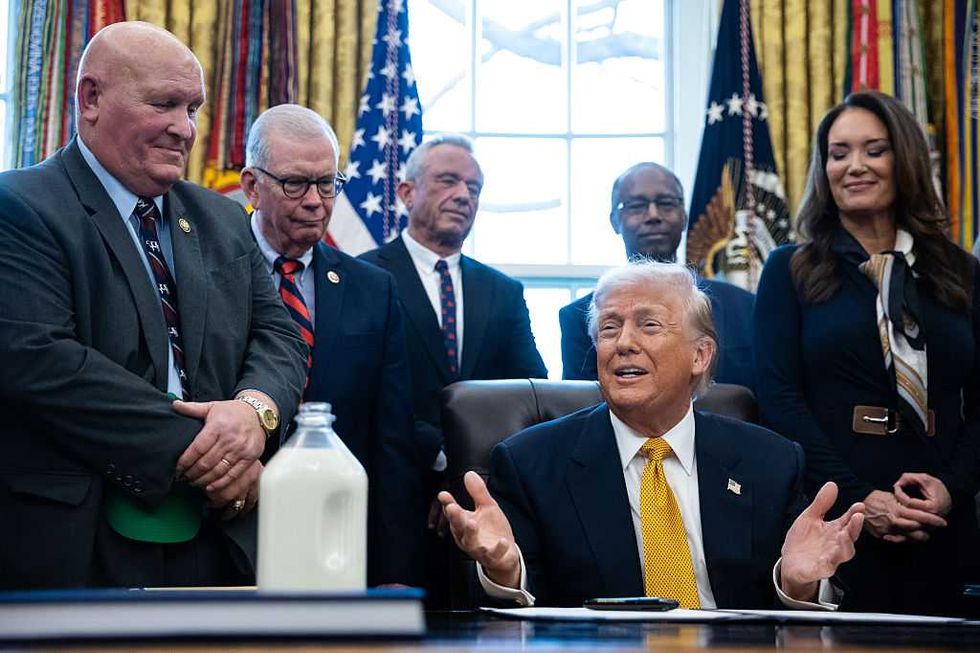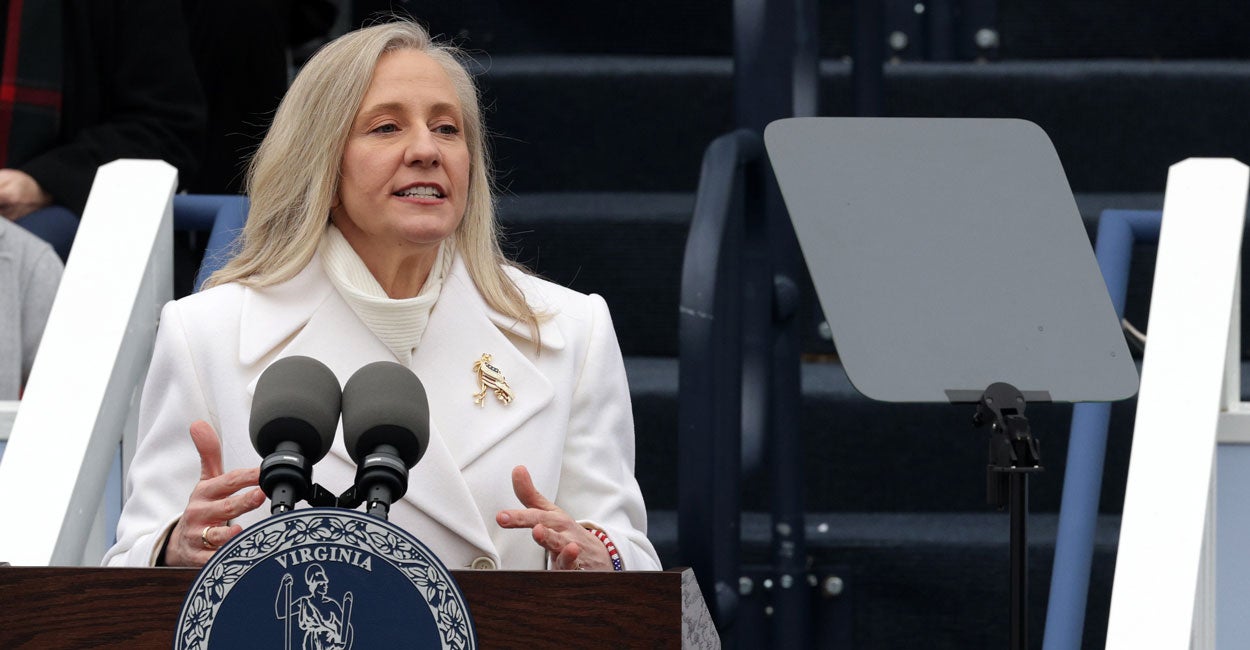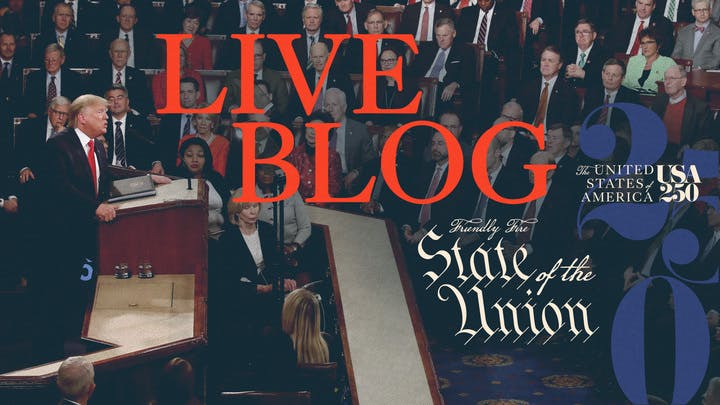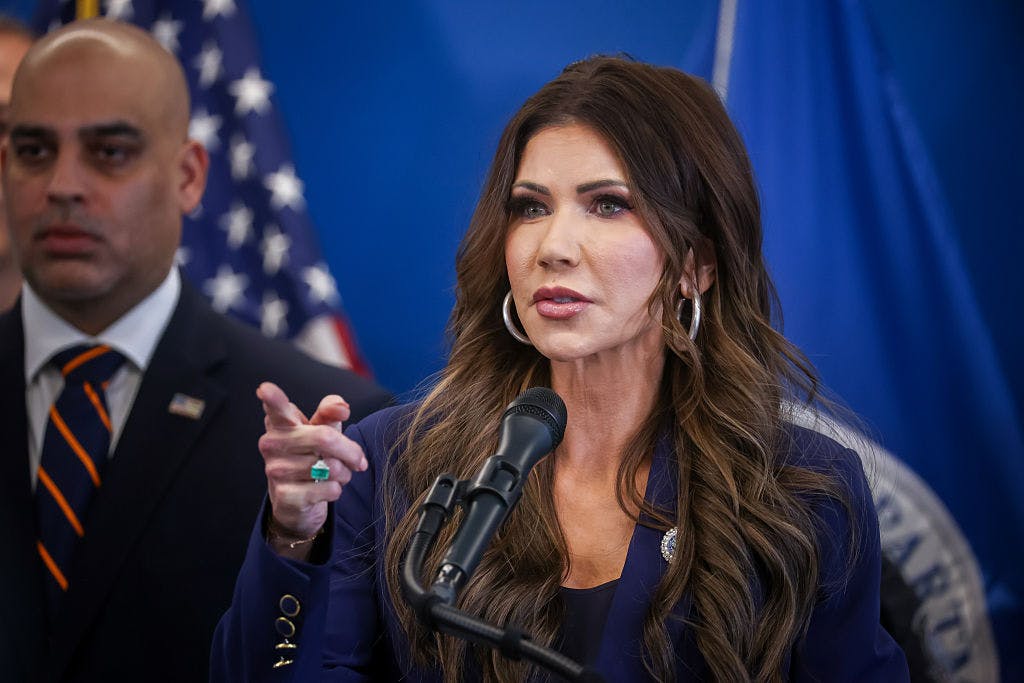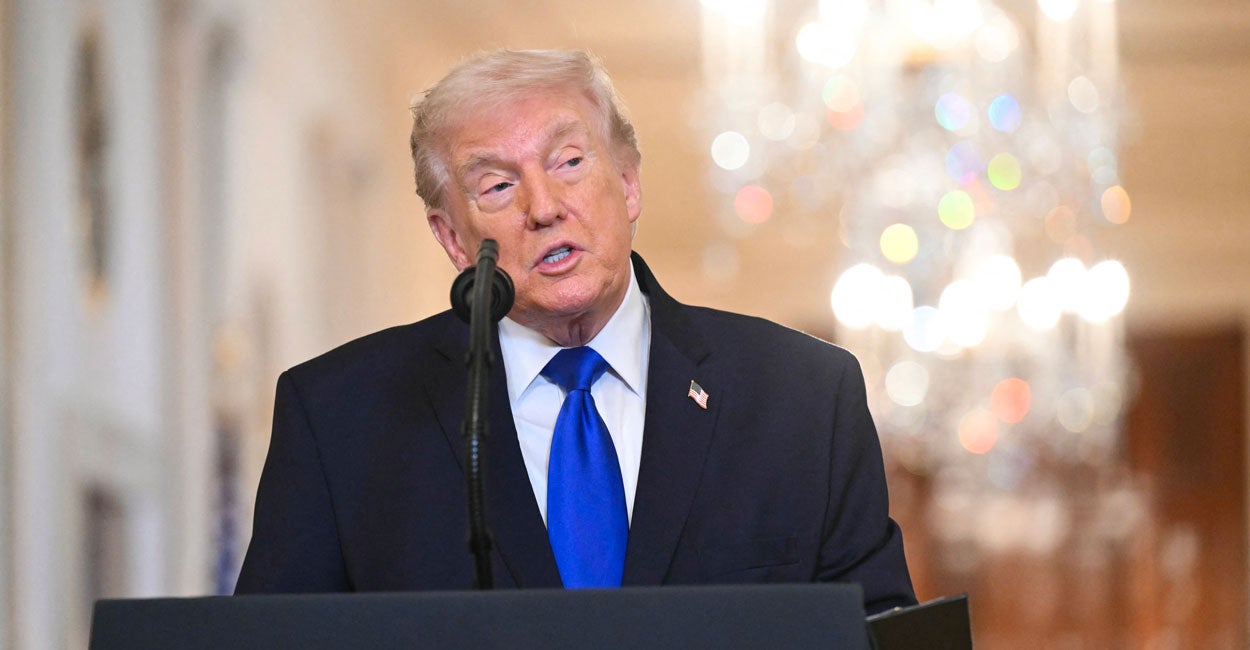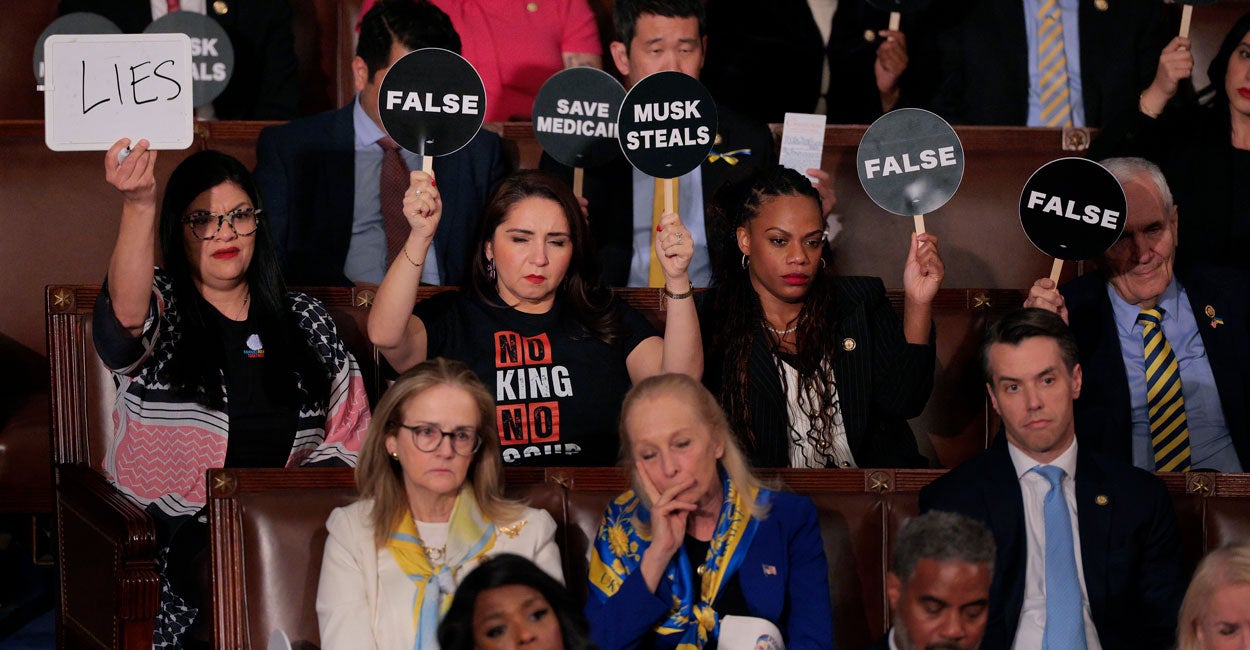How Democrats Are Planning to Force House Republicans to Take Tough Votes
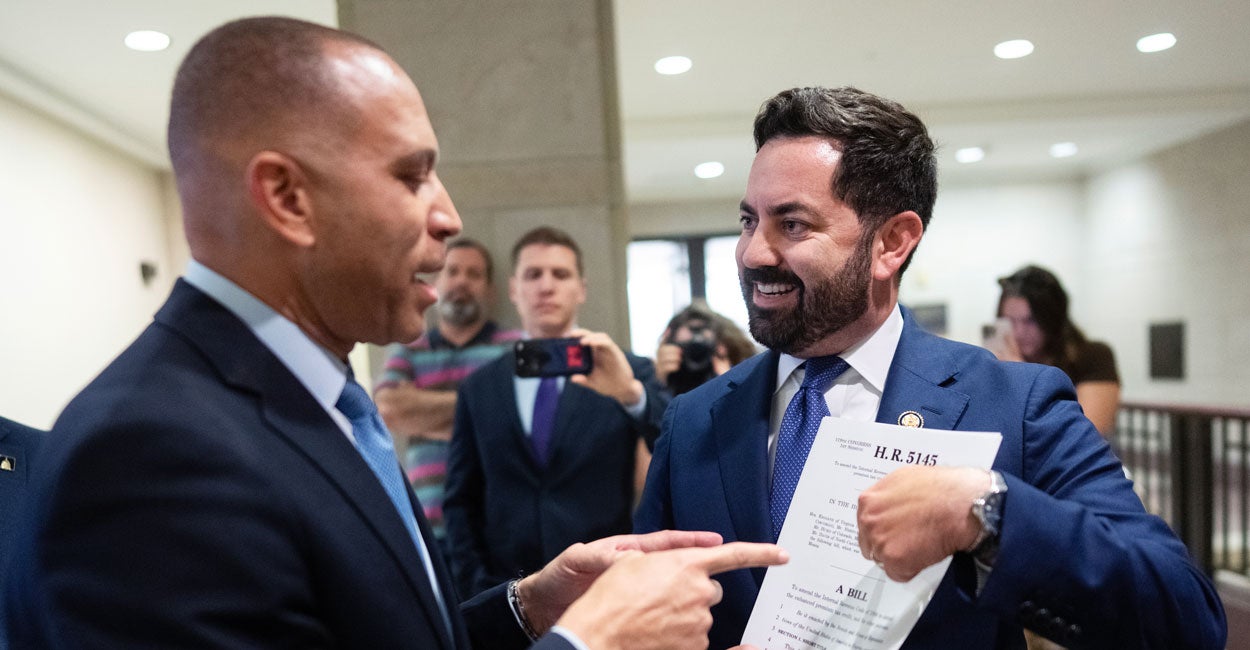
House Democrats, despite being in the minority, are making use of a procedural mechanism to bypass Republican leadership and force Republicans into tough votes.
Live Your Best Retirement
Fun • Funds • Fitness • Freedom
The mechanism is known as a discharge petition, which allows a member to force a vote on legislation that leadership is not putting on the floor once the petition collects 218 signatures. The petition sets off a timer of seven legislative days for the petition to “ripen,” at which point the Speaker is given two legislative days to schedule a vote.
As discharge petitions increasingly come in vogue, here is how they are being employed to bypass Republican leadership and force tough votes.
Epstein Files
Perhaps the most high profile discharge petition is the Epstein files petition.
Rep. Thomas Massie, R-Ky., and Rep. Ro Khanna, D-Calif., have successfully collected enough signatures to force a vote on the Epstein Files Transparency Act. The legislation which would compel the federal government to release more information on the now-deceased convicted sex offender Jeffrey Epstein.
With the swearing-in of Rep. Adelita Grijalva, D-Ariz., after a special election, Massie—who has often sparred with Republican leadership over policy disagreements—now has the votes necessary to force a consideration his bill.
Democrats have far outnumbered Republicans on the petition, with the only Republicans being Reps. Massie, Lauren Boebert of Colorado, Nancy Mace of South Carolina, and Marjorie Taylor Greene of Georgia. These Republicans have so far ruled out removing their names from the petition.
While only four Republicans have signed on to the discharge petition, Republican leadership is expecting nearly half the Republican conference to vote in favor of the bill once on the floor.
President Donald Trump has opposed the bill, as has Speaker of the House Mike Johnson, R-La., who has argued it is poorly written, lacks protections for victims and law enforcement and does not accomplish as much as the ongoing work of the House Oversight Committee.
House Majority Whip Tom Emmer, R-Minn., recently told Punchbowl News that the Epstein push is about Democrats’ “hatred of Donald Trump,” but he does not “really care” and will not whip against the petition.
Federal Worker Protections
An odd plot twist in Democrats’ discharge petition strategy occurred this week when House Minority Leader Hakeem Jeffries, D-N.Y., appeared to withdraw support from a petition forcing a vote on a bill to provide collective bargaining powers for federal workers.
The petition would have reached its 217th signature with the arrival of Rep. Adelita Grijalva, D-Ariz., but she did not sign after speaking with Jeffries’ staff, Politico reported.
Jeffries’ decision to dissuade Grijalva was not necessarily about policy but about electoral politics.
Rep. Mike Lawler, R-N.Y., was planning on being the 218th signatory of the petition. “I will be signing it when we get back. I was waiting on the 217th person because I’m going to be 218th person to sign it and force it to the floor,” he recently told a constituent at a town hall in a video obtained by Politico.
Democrats are looking to flip Lawler’s seat and do not want to give the New York Republican a win.
Christie Stephenson, a Jeffries spokesperson told Politico, “If Congressman Lawler was as concerned about these working people as he apparently is about his own reelection, he would have signed the discharge petition last night, or any time in the over 160 days since it launched.”
She added, “We also look forward to him signing on as a co-sponsor of the historically bipartisan Protecting the Right to Organize Act given his sincere concern for collective bargaining rights in this country.”
Jeffries’ move seems as personal as it is political. The House Minority Leader recently had a heated argument with Lawler over the government shutdown in the halls of the Capitol.
Stock Trading Ban
Republicans and Democrats have also been interested in a potential discharge petition—if necessary—on a bipartisan ban on stock trading among members of Congress.
Rep. Anna Paulina Luna, R-Fla., said in September that “there is a discharge petition prepared and ready to go” if she cannot get a vote on the bill.
The bill has earned the support of the House’s staunchest conservatives and radical progressives. Rep. Chip Roy, R-Texas, has said a vote “is a nondebatable proposition.” Reps. Alexandria Ocasio-Cortez, D-N.Y., and Pramila Jayapal, D-Wash., have also backed the effort.
Democrats, who previously have called for applying stock trading bans to the president as well, have for the moment decided not to press that issue in the interest of bipartisan momentum.
“To be clear, we are not saying that the president and the vice president aren’t going to be included in the end product,” Rep. Seth Magaziner, D-R.I., told reporters in September. “What we’re saying is, we’re starting the process now, hopefully through regular order, through committees, and if we can get the critical mass of support to include the president and vice president, we will put an amendment and we will do that.”
In September, Jeffries told The Daily Signal “we’ll have to have a caucus conversation about what is the best approach and what is achievable,” in regards to the trading ban.
Speaker Johnson has expressed openness to cracking down on stock trading among members in the past, but there is still no vote scheduled for the bill after the longest federal government shutdown in American history.
The post How Democrats Are Planning to Force House Republicans to Take Tough Votes appeared first on The Daily Signal.
Originally Published at Daily Wire, Daily Signal, or The Blaze
What's Your Reaction?
 Like
0
Like
0
 Dislike
0
Dislike
0
 Love
0
Love
0
 Funny
0
Funny
0
 Angry
0
Angry
0
 Sad
0
Sad
0
 Wow
0
Wow
0

